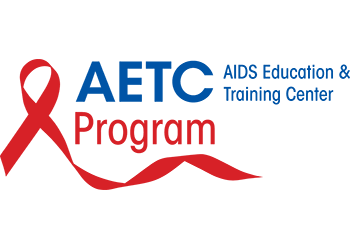CDC’s PrEP Resources
CDC’s PrEP Resources
A checklist to assist providers in caring for their MSM patients, including taking a thorough sexual health history.
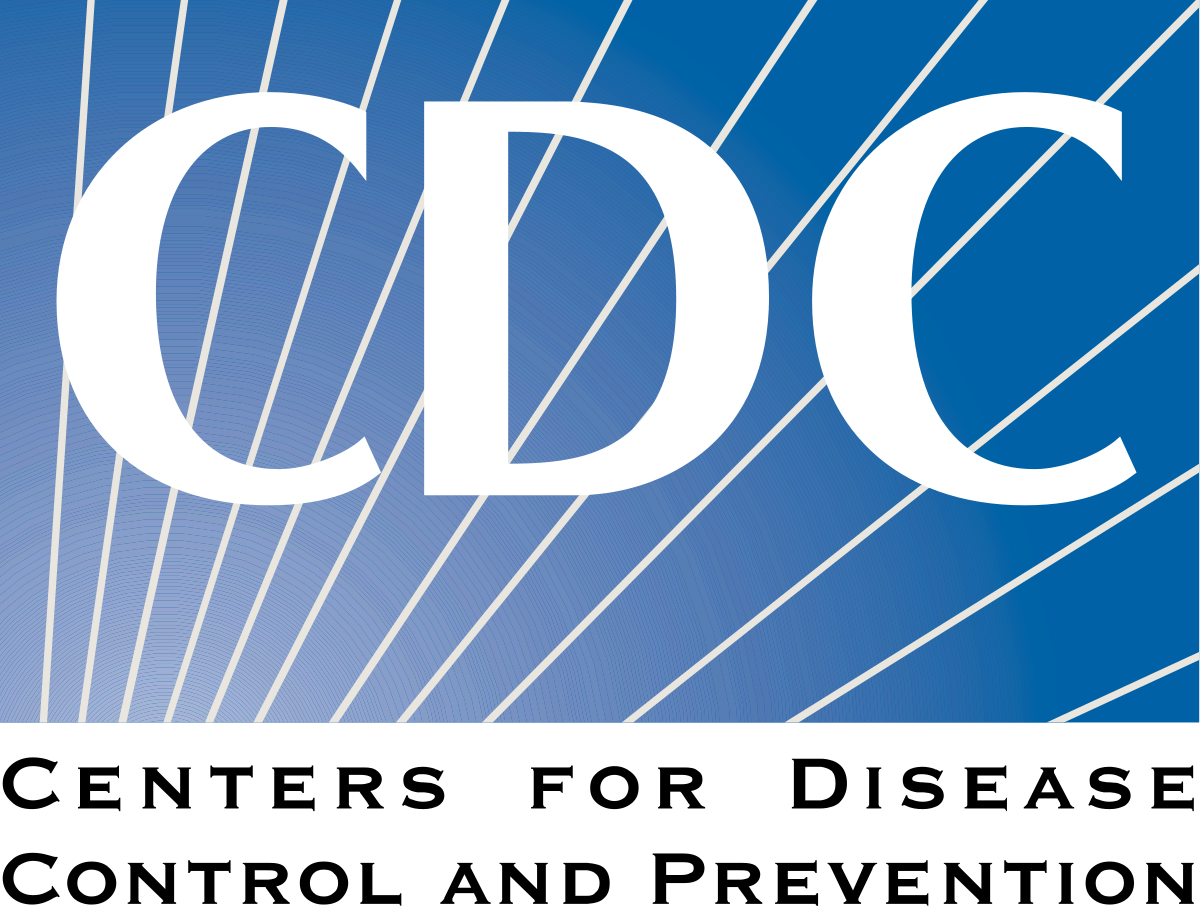
A checklist to assist providers in caring for their MSM patients, including taking a thorough sexual health history.

Quick reference guide for the MMWR Recommendations & Reports, Recommendations for Partner Services Programs for HIV Infection, Syphilis, Gonorrhea, and Chlamydial Infection
A quick reference resource, it only lists the recommendations and data security guidelines included in the MMWR. The document is available in its entirety at www.cdc.gov/nchhstp/partners.
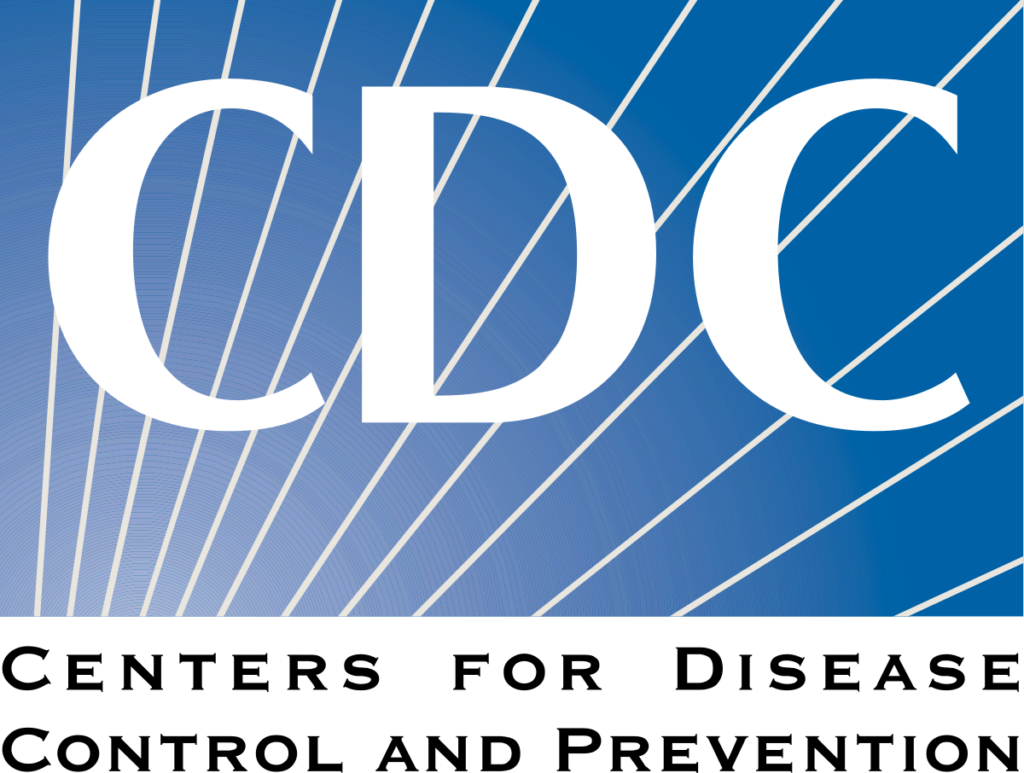
The toolkit serves as a general resource for health departments, community-based organizations, and others on how to use the internet and other technologies to trace and contact persons potentially exposed to STIs including HIV.

NCSD and NASTAD convened a Blue Ribbon Panel of experts from academia, city and state health departments, the CDC, and the NNPTC to develop optimal standards of client-focused clinical care for gay, bisexual, and other men who have sex with men (MSM). These standards illustrate the highest quality of sexual health care for MSM, expanding beyond federal guidelines to incorporate the collective experience of experts in the field of sexual health.
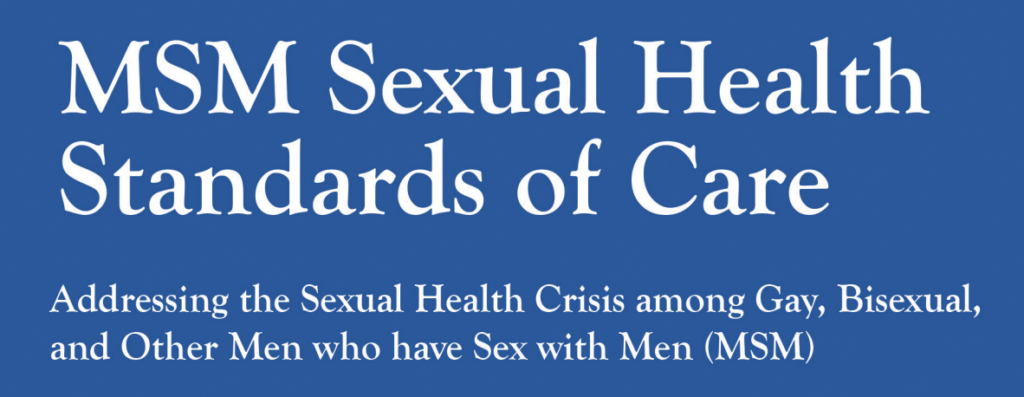
This cultural competence webinar series explores the health concerns and healthcare of LGBT people and is open to anyone. The series virtually follows the experience of LGBT people and those of us who care for them to better understand how we can create healthcare environments that are welcoming and can help minimize the existing disparities experienced by this population.
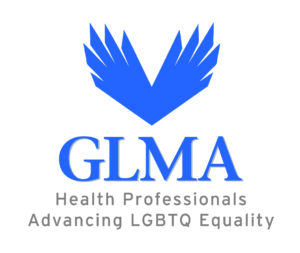
Collecting SO/GI data in electronic health records (EHRs) is essential to providing high-quality, patient-centered care. CDC compiles frequently asked questions and other resources to support health care providers and facilities in collecting this information.
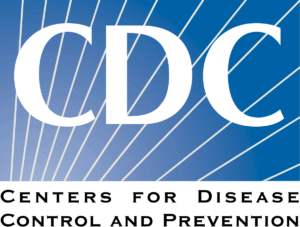
Retention in HIV care is critical to decrease disease-related mortality and morbidity and achieve national benchmarks. However, a myriad of barriers and facilitators impact retention in care. To elucidate the unique factors that impact consistent HIV care engagement, a qualitative case study was conducted in North Carolina to examine the barriers and facilitators to retaining and re-engaging HIV clients in care.
Strategies to help you set and maintain appropriate professional boundaries, as these decisions affect not only your own well-being but also that of your clients, colleagues, and loved ones.
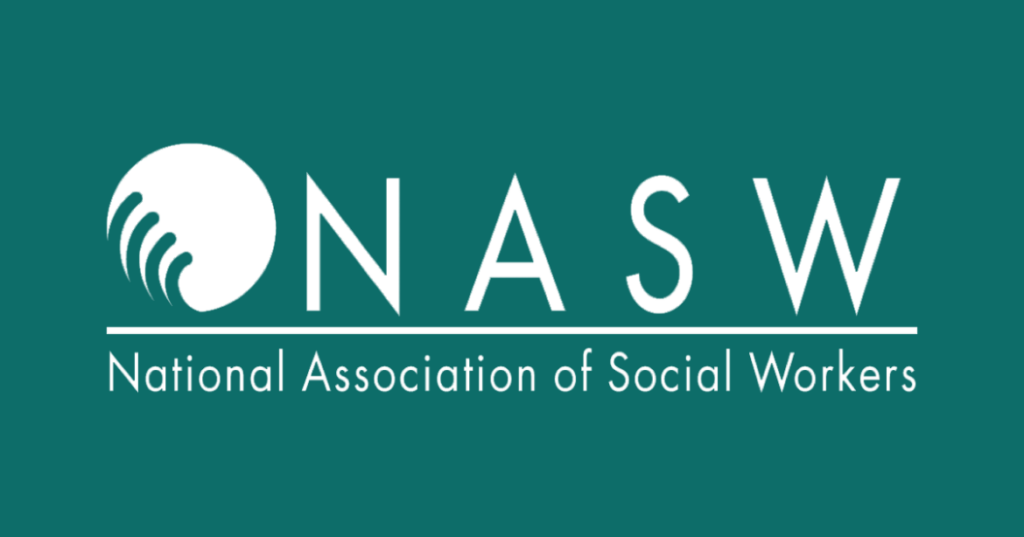
Social Network Strategy (SNS) is an evidence-supported approach to engage and motivate a person to accept HIV testing. This approach is based on the underlying principle that persons within the same social network who know, trust, and can exert influence on each other share similar behaviors that make them vulnerable to HIV. SNS is particularly useful to recruit marginalized and/or hidden persons at risk for HIV.

HRSA’s AIDS Education and Training Center (AETC) Program supports national HIV priorities by building clinician and care team capacity and expertise along the HIV care continuum. The AETC Program is a national network of leading HIV experts who provide locally-based, tailored education, clinical consultation and technical assistance to healthcare professionals and healthcare organizations to integrate high quality, comprehensive care for those living with or affected by HIV.
